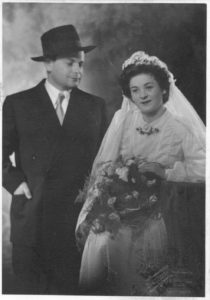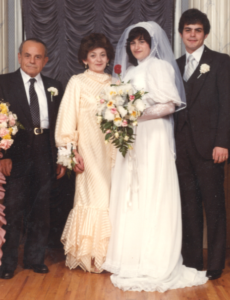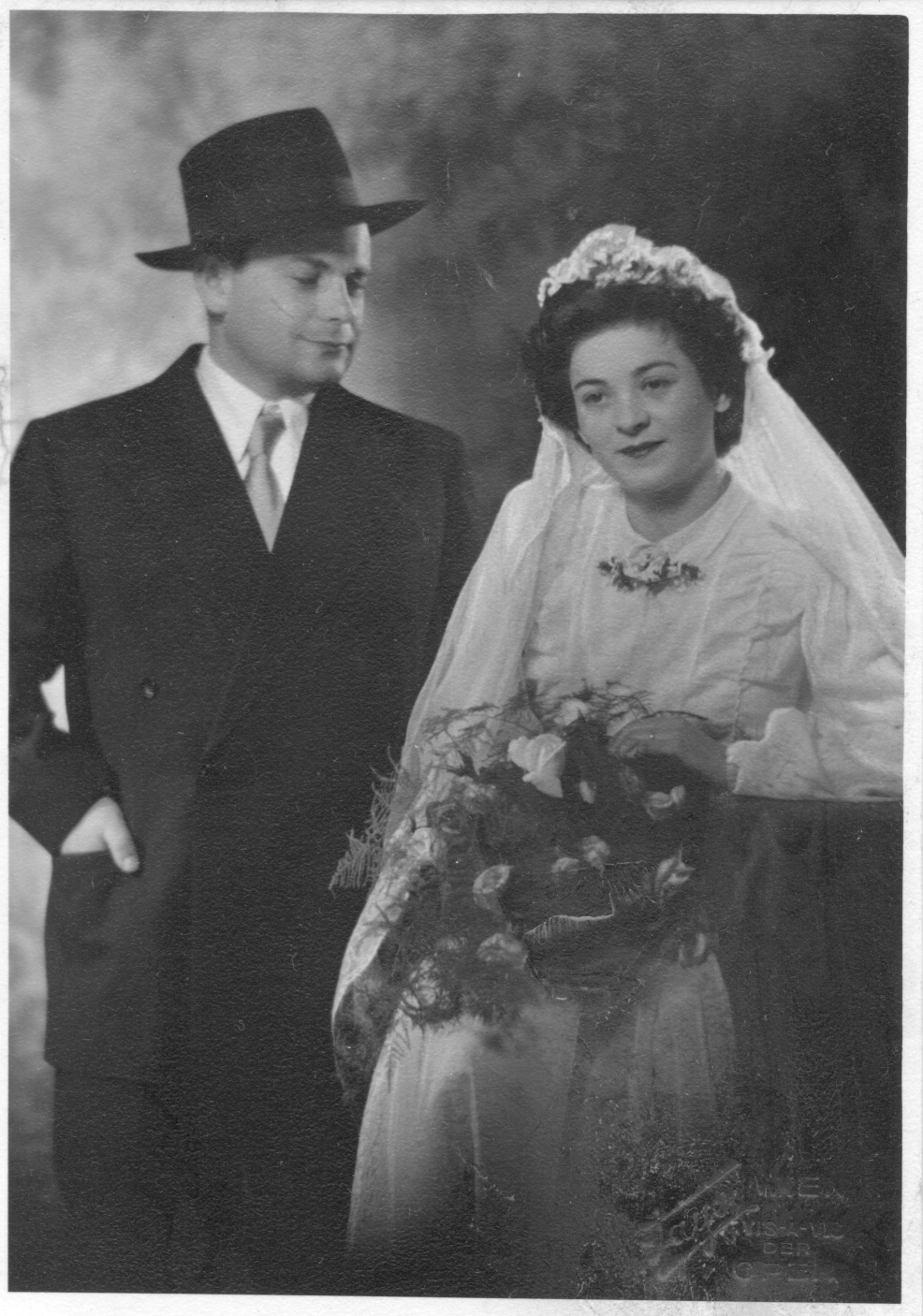I want to share a story I heard from a friend who came to do some work in my house. I know him as an honest man but the story goes deeper. His father was a Holocaust survivor. That means after the war he came to America with nothing.

How many can relate? Arriving in a new land, shattered, broken, having lost your family, having seen your people destroyed in a world that has no values. You arrive penniless, do not speak the language, have a heavy foreign accent and no skills. Life is just a ball of cherries.
And you thought you had in hard.
Well over a period of time this man rebuilds his life, marries and raises a family. He starts a business, an honest business. As time went on, he buys and sells and soon he owns four stores. He sells bedding, drapes, linens, etc.
And then one day there is a fire. One store goes up in flames, everything is lost. $100,000 worth of merchandise is gone, up in smoke. Even the goods that survived could not be salvaged, smoke damage.
Life can be hard.
But he had insurance. Sadly, the insurance company went bankrupt, and the insurance company had not taken out insurance, imagine that.
And this honest businessman had taken out a loan of $50,000. Thus half of the merchandise was his loss but he still owed $50,000. Legally he owed nothing. Legally he was not responsible as the insurance company was bankrupt. He was not liable.
The lender pushed for the money. He wanted his $50,000. This was in the 1960’s. That was a lot of money, still is. He threatened to take the Holocaust survivor to court. The survivor responded. You can take me to court but you will not win and you will not get a penny from me. But if you give me time I will pay you back because I feel morally responsible.
Let us analyze that for a moment. This survivor who had seen the worst of mankind, who had been to the Dark side of humanity, still retained his moral values. Legally he owed nothing, but morally he was prepared to pay everything. He just needed time.
The Lender consented.
The Survivor closed three of the four stores and focused on the most profitable one. He cut down on all expenses. It came time for my friend’s bar mitzvah. So what did the father do? Did he spend money while he owed another man money? Did he make a fancy party for his son’s bar mitzvah?
No. He gave his son the most valuable gift in the world, a great moral lesson. He apologized to his son; I know your older brother had a big party for his Bar Mitzvah, but at the moment I can’t afford one for you. You see I am using all my available money to pay back the man from that fire incident. How can I spend money on a party when I owe another man money that he is waiting for?

The son understood. The Bar Mitzvah was a very modest affair in the synagogue, there was no big party. By the time of my friend’s wedding the father had recovered somewhat financially, he wanted to make it up to his soon but making a nice wedding party.
This father, this Holocaust survivor, is long since gone, away from a world ruled by hard and evil people. But he left a legacy of kindness and morality. Despite what he had experienced in the Hell of Nazi Europe, he emerged clean and pure. And these are the values he passed on to his children.
So when this man quotes me a fee, I accept it without question.
But the lesson is clear. In this day and age of social media people have few secrets. If you go out for a steak dinner, we all know about it. If you spend lots of money it is there for all to see.
A member owed me money, he had not paid his dues in five months, he insisted he did not have a penny. And then I saw his photos of his family vacation in Hawaii.
Another fellow, in South Africa, owed me $800 but he had no money, honest! But yet he posted pictures of a great vacation that included scuba diving and eating out at fancy fish restaurants. He was all smiles as he raised his beer. When I questioned him about this he said that his uncle had paid for it all.
Hmm….
I cannot judge, I am not God, but I look at my friends’ father, who denied my friend his Bar Mitzvah party but gave him an amazing gift, a true life lesson: When you owe money you do not party. And if you must spend money do not do it publicly.
And now a lesson from the Talmud. Even if you are not doing anything wrong it is important that you not make an impression of doing wrong. Appearances matter as it leads to discontent.
The household of Garmu where experts in making the special loaves of bread for the temple, and it was never found that their household members eat fresh bread so as not to give the impression that they might have taken some of the bread intended for the Temple and used it themselves, as it is written “Be clean from God and from the people of Israel”. (book of Numbers, chapter 32, verse 20 – 22)
The rabbis have taught: the house of Avtinas were experts in making the incense for the Temple in Jerusalem, and never did a bride leave their home wearing perfume. And when the men would marry a woman from another place they would make it a condition that she not wear perfume, so that none should say she is using the special perfume of the holy Temple, to fulfill what it is written, “Be clean from God and from Israel”
(Talmud, tractate Yoma, 38A)
בית גרמו היו בקיאין במעשה לחם הפנים, ומעולם לא נמצאה פת נקייה ביד בניהם, שלא יאמרו: ממעשה לחם הפנים ניזונים, לקיים מה שנאמר: “והייתם נקיים מה’ ומישראל”. תנו רבנן: בית אבטינס היו בקיאין במעשה קטורת, ומעולם לא יצאה כלה מבושמת מבתיהם. וכשהיו נושאין אישה ממקום אחר, מתנין עמה שלא תתבשם, שלא יאמרו: ממעשה הקטורת מתבשמין, לקיים מה שנאמר: “והייתם נקיים מה’ ומישראל” (יומא לח ע”א).
במדבר לב כ-כב


Pingback: Language and Krav Maga - Israel Blogger
The photos add a really nice touch. Thank you for sharing those. It is clear that these wonderful values have been passed on to your own children.